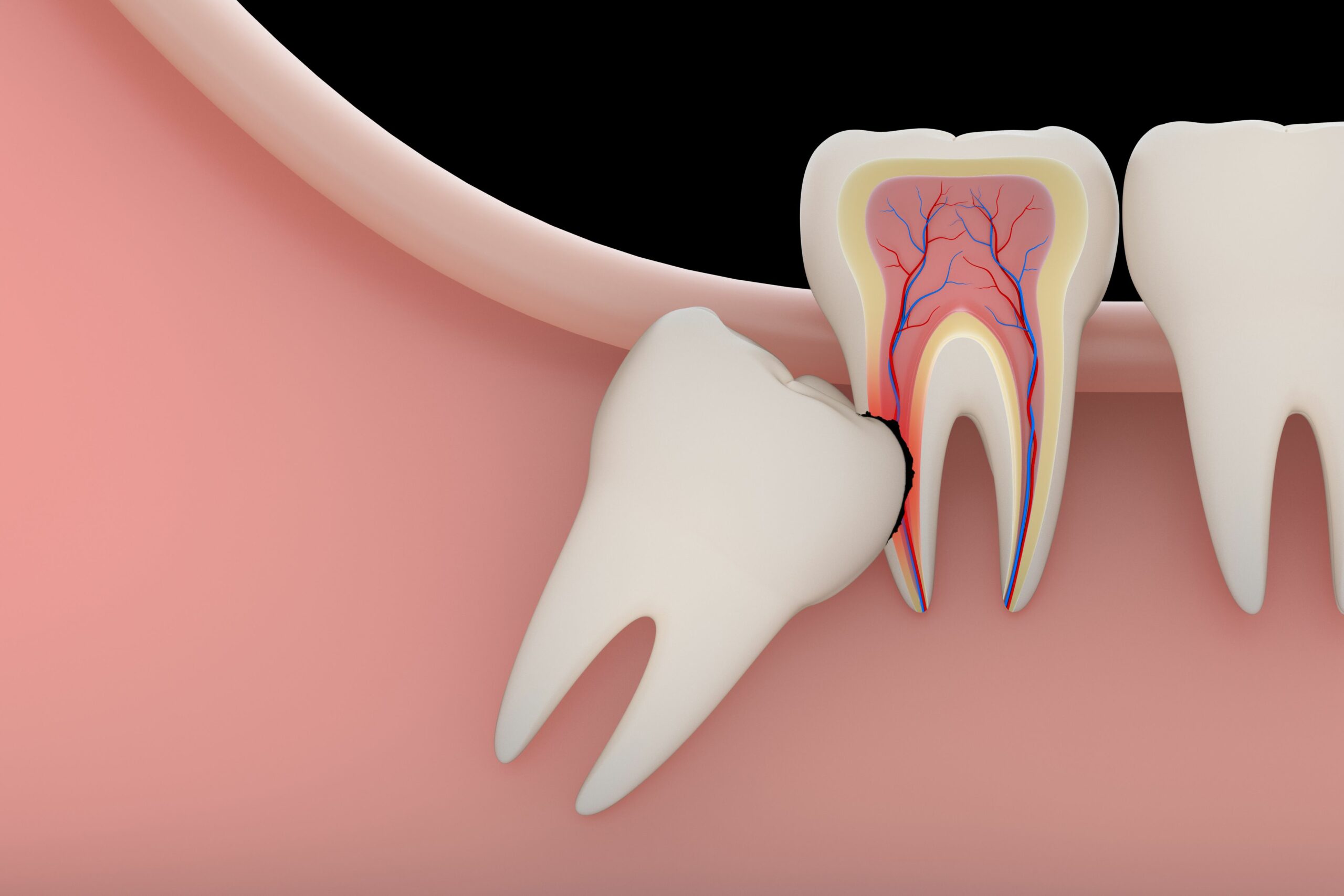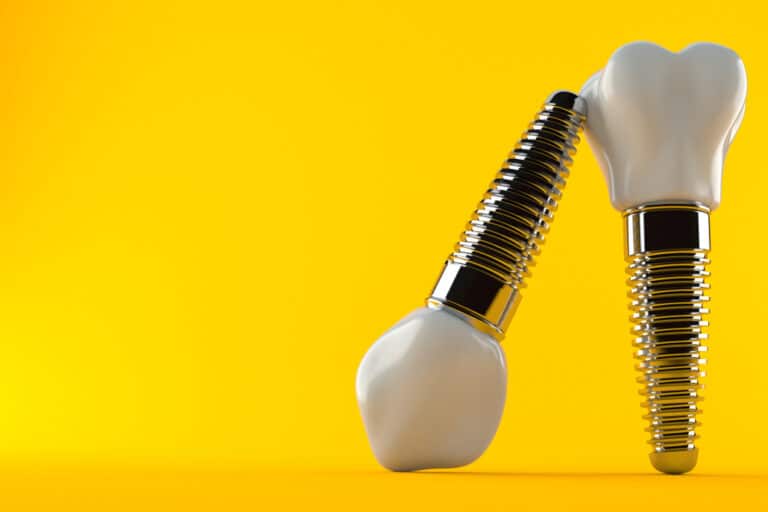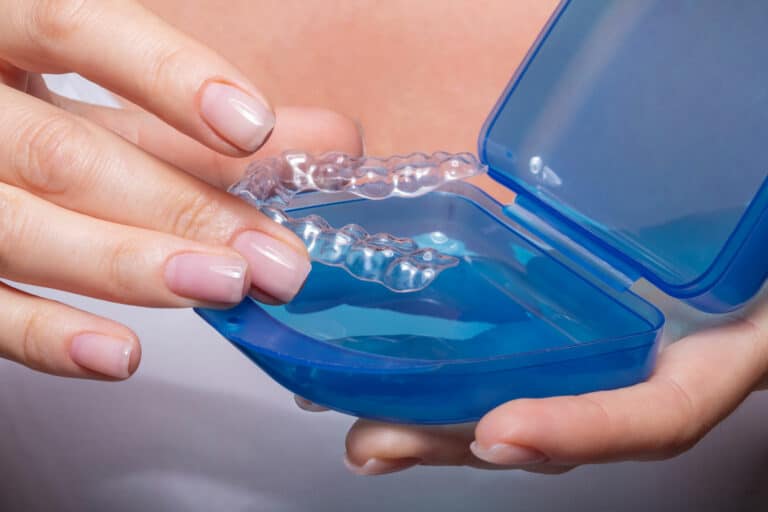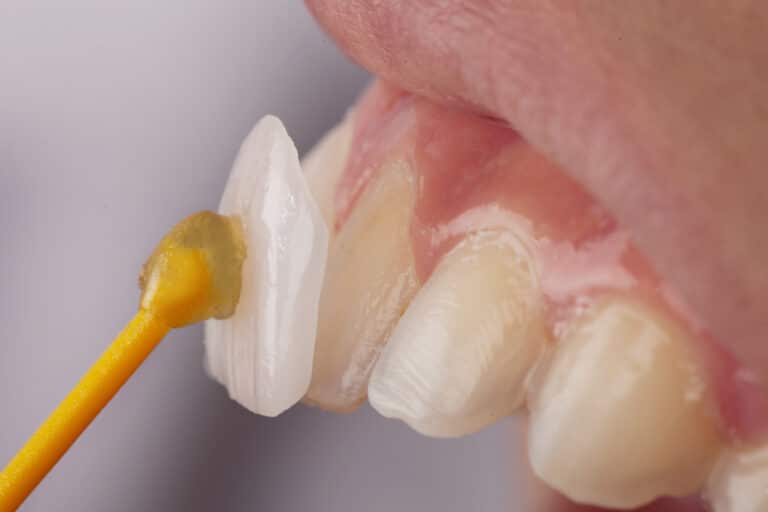When a permanent tooth does not fully erupt, or does not erupt at all, the tooth is impacted. This is a relatively common occurrence, and for some people, an impacted tooth does not cause any problems. For others, an impacted tooth may result in pain, bite misalignment, and other complications.
The third molars, or wisdom teeth, frequently become impacted and require removal. Wisdom tooth extraction is a common procedure, accounting for more than 75 percent of all tooth removal procedures. Whether you need your wisdom teeth or another impacted tooth removed, our dentists at Astoria Dental Group can help. Keep reading to learn more about impacted teeth and their causes and treatments. If you live in the Queens, NY neighborhood and need an extraction, contact our office.
Causes of Impacted Teeth
A tooth can become impacted for a variety of different reasons. A tooth may not erupt or only partially erupt if the mouth is already overcrowded. If your jaw lacks sufficient room for additional teeth, it can prevent the tooth from fully erupting. Another possible cause for impaction is the displacement of the tooth. It may begin to emerge at an odd angle, which can prevent full eruption.
Symptoms of an Impacted Tooth
It is important to note that some impacted teeth present no symptoms at all. This is especially true of teeth that are fully impacted. Partially impacted teeth are more likely to present symptoms, which may include:
- Bad breath and a bad taste in the mouth
- Occasional trouble opening and closing the mouth
- Sensitivity or pain in the gums or jawbone
- Chronic headaches or jaw pain
- Red and swollen gums surrounding the impacted tooth
Treatment Options for an Impacted Tooth
If you have a fully impacted tooth with no symptoms, the only way to discover it is through x-rays during a regular dental exam. In most cases, if the fully impacted tooth is not causing any discomfort or other problems, you probably do not need an extraction. If, however, you have a fully or partially impacted tooth that is causing you pain or is affecting your alignment, we may recommend extraction.
Extraction is the only treatment option for impacted teeth. This is a minor surgical procedure. In some cases, we can remove partially impacted teeth without creating incisions, but this depends on the location of the tooth and how much of the tooth is visible. To surgically extract a tooth, we will create incisions in the gums. Then, we will either break the tooth up into smaller pieces, or extract the tooth as a single piece if possible.
Consequences of Impacted Teeth
If you do not have your impacted tooth removed, it could cause future complications. In addition to the potential for misalignment, partially impacted teeth can trap food particles and bacteria, which can lead to decay of the impacted tooth or an adjacent tooth. An impacted tooth can also make caring for your teeth more difficult and could lead to gum disease.
Relieve Your Tooth Pain Today
If you are experiencing any signs of an impacted tooth, contact our dental group today to set up an appointment with one of our doctors.




